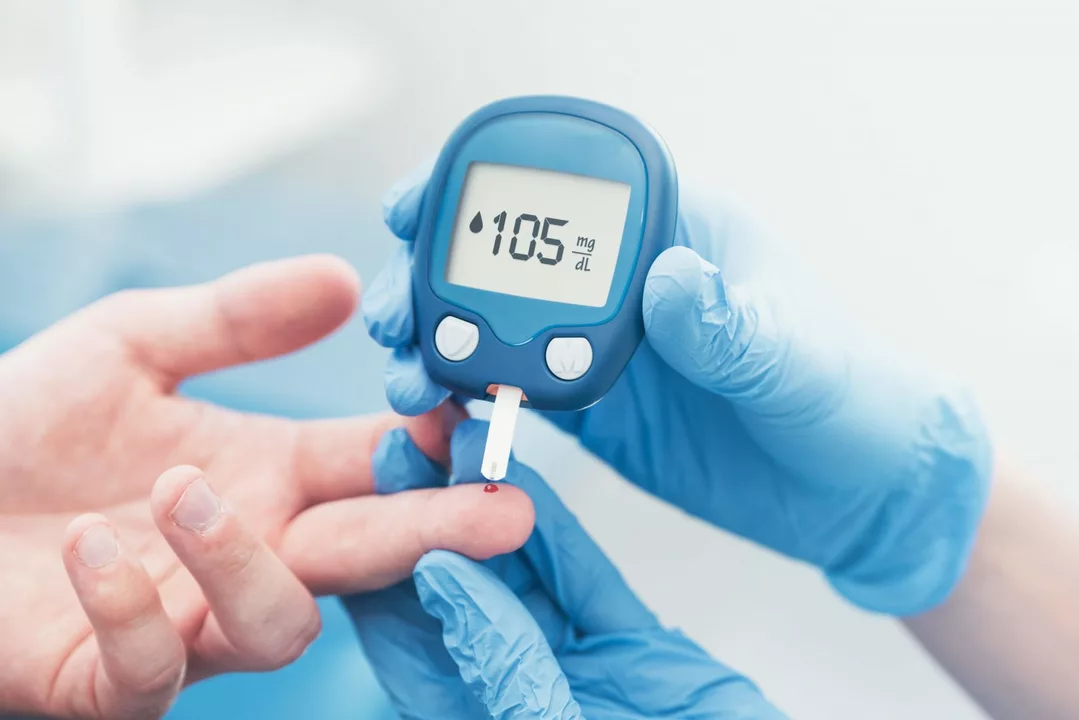Three areas are driving most of the practical change: new medicines, device and diagnostic improvements, and digital health. New medicines include targeted cancer drugs, oral antivirals, and faster-acting antidepressants. Devices now give doctors better images and patients simpler at-home monitoring — think portable ECGs and continuous glucose sensors. Digital health covers telemedicine, apps that track symptoms, and AI that helps radiologists find problems faster.
New options often arrive before they reach headlines. If you have a chronic condition, asking your doctor about recent approvals or off-label uses can make a real difference. Clinical trials are another route: they offer early access and careful follow-up, but read consent forms and ask about costs and travel. Also check if new treatments affect current meds. Your pharmacist can run a quick interaction check.
Before you switch: ask for evidence, expected benefits, and side effects. Look up trial results on ClinicalTrials.gov or PubMed. For device or app claims, check FDA/EMA clearance. If you're reading headlines, follow original sources, not only press summaries. Keep a personal health log to spot improvements or side effects. Use telehealth to get second opinions without travel. If cost is a worry, ask about patient assistance or generics.
Regulators are adapting, but safety matters. Faster approvals can still carry risks. Look for safety data length and post-marketing studies. Trusted sources include FDA, EMA, NHS, and major journals like NEJM or Lancet. Patient groups can share real-world experiences but treat those as anecdotes. Keep copies of test results and medication lists. When something sounds too good to be true, ask for the evidence.
If you consider a trial, ask the research nurse how side effects are handled and whether your insurance covers routine care. Distance can be an issue; some studies cover travel or offer local labs. Also ask how long follow-up lasts. Short-term benefits may not reflect long-term risks.
Generics reduce cost. Compassionate use or expanded access programs exist for serious illnesses; ask your doctor about options. Pharmacists can suggest cheaper equivalents, voucher programs, or manufacturer assistance.
Telemedicine and digital tools make access easier. Choose apps that cite research or have clinical backing. Read privacy policies and control who sees your data. Share app reports with your clinician so they can interpret trends.
Keep learning, bring notes to visits, and ask for written summaries after appointments. Set reminders for lab tests and refills. Sign up for updates from FDA, NIH, or major medical centers so you hear changes fast. Small steps help you benefit from medical progress while staying safe. Ask friends or support groups for real experiences but weigh those alongside real data and your doctor's advice. Stay curious.

As a blogger, I cannot stress enough the importance of diabetes research and advancements. These continuous efforts not only help in understanding this complex disease better, but also pave the way for newer, more effective treatment options. The ultimate goal is to improve the quality of life for millions of people affected by diabetes worldwide. Additionally, this research can potentially lead to a cure or prevention strategies, saving countless lives in the future. I truly believe that supporting diabetes research and advancements is our collective responsibility, as it can bring about significant positive change in the lives of those affected.
Hey there awesome parents! Managing spasms in kiddos can be as tricky as solving a Rubik's cube blindfolded, am I right? But don't fret, there are ways to ease those twitching tiny muscles. First off, keeping your child hydrated is as crucial as keeping your plant watered - you don't want either to wither, right? Also, regular stretches are like the secret ingredient in Grandma's pie, they can work wonders! So, next time your little one starts twitching like a breakdancer, remember these tips and know that you've got this under control!
With Canada Pharmacy Plus being a popular choice for many seeking prescription medications online, it's worth exploring some fresh alternatives in 2025. This article highlights noteworthy Canadian pharmacies offering diverse medical supplies while discussing each option's advantages and drawbacks. By examining aspects like customer service and pricing transparency, this guide aims to provide a comprehensive look at where to get your medications hassle-free. Dive in to find which pharmacy might be your next best pick.
Learn everything about Penegra - what it treats, how to take it, possible side effects, drug interactions, and safety tips for 2025.
I recently discovered the incredible benefits of Scurvy Grass, a dietary supplement that's truly a game changer. Packed with essential nutrients like vitamin C, iron, and calcium, it's a powerhouse for immune support and overall health. Not only does it help prevent scurvy, but it also aids in digestion, supports bone health, and has anti-inflammatory properties. I've been incorporating it into my daily routine, and I'm already noticing a difference in my well-being. If you're looking for an all-natural supplement to boost your health, I highly recommend giving Scurvy Grass a try!
Learn how medication synchronization can cut your pharmacy visits in half and save hundreds on copays each year. A simple, free pharmacy service that helps you manage multiple prescriptions with fewer out-of-pocket costs.